When you hit the heights, it also raises the stakes. Nobody has ever reached songwriting pinnacles as heady as those scaled by Bob Dylan. As a result, few artists have faced the scrutiny Dylan endured.
Videos by American Songwriter
His 1978 song “Is Your Love in Vain?” took a heaping helping of criticism, as did the album that included it. It’s time to revisit this track, which we believe deserves status as an unheralded Dylan gem.
“Vain” Pursuits
The album was Street-Legal, released in 1978. Coming as it did following two massive triumphs (Blood on the Tracks and Desire), expectations were sky-high. If you take your view of the album from reaction at the time, you’re likely to think it fell way below those expectations.
Criticism was leveled at the sound quality of the record. Others hammered it for Dylan’s embrace of a rock band approach, complete with copious horns. (As if only folks like Bruce Springsteen and Bob Seger were allowed in that lane, and Dylan was for some reason forbidden.)
As always with Dylan, people focused on his lyrics most of all. In terms of “Is Your Love in Vain?” Greil Marcus, echoing other critics who felt the song was sexist, opined in Rolling Stone, “compared to Dylan’s posture here, Mick Jagger in ‘Under My Thumb’ is exploring the outer reaches of humility.”
A potential issue with that type of outlook is it automatically assumes the songwriter is inseparable from the person in the song, instead of accepting Dylan is getting inside the head and heart of this guy and not espousing his personal beliefs. If we look at “Is Your Love in Vain?” through the prism of a character sketch, it’s a whole different vibe.
Behind the Lyrics of “Is Your Love in Vain?”
Perhaps the better way to view “Is Your Love in Vain?” is as a desperate plea from a guy who has entered into a new relationship, a bit ravaged from the past and unsure if he can withstand any more heartache. Do you love me, or are you just extending goodwill? I’ve been burned before, he warns, so it’s clear he’s coming from a wary place.
There’s no doubting this guy seems to enter this situation with a few dealbreakers, most crucial of which is she needs to understand he’s a bit of a loner: Are you so fast that you cannot see that I must have solitude? / When I am in the darkness, why do you intrude? Beyond that, all the other stuff (including the line about cooking and sewing, for which Dylan was pilloried) is relatively inconsequential.
In the middle eight, Dylan seems to hint at a life that’s been spent under the glare, not that it does anything for him: I have dined with kinds, I’ve been offered wings / And I’ve never been too impressed. It’s telling he comes right off that realization into the final verse, where he decides to make the leap: All right, I will take a chance, I’ll fall in love with you.
When he asks her Do you understand my pain? he comes off as wounded and vulnerable, not sexist. Note also the way he phrases the title question. If this guy really was the cad Dylan’s critics claimed him to be, he might have said something like, “Am I wasting my time?” Instead, he seems to be sympathizing with the woman and how she’s out on a limb as well by asking, Is your love in vain?
“Is Your Love in Vain?” features one of Dylan’s most indelible melodies: bold, bright, and unafraid. His narrator is trying to sum up that same kind of courage on this highly-debated song that deals with relationship complications with honesty above all other considerations.
Photo by PIERRE GUILLAUD/AFP via Getty Images

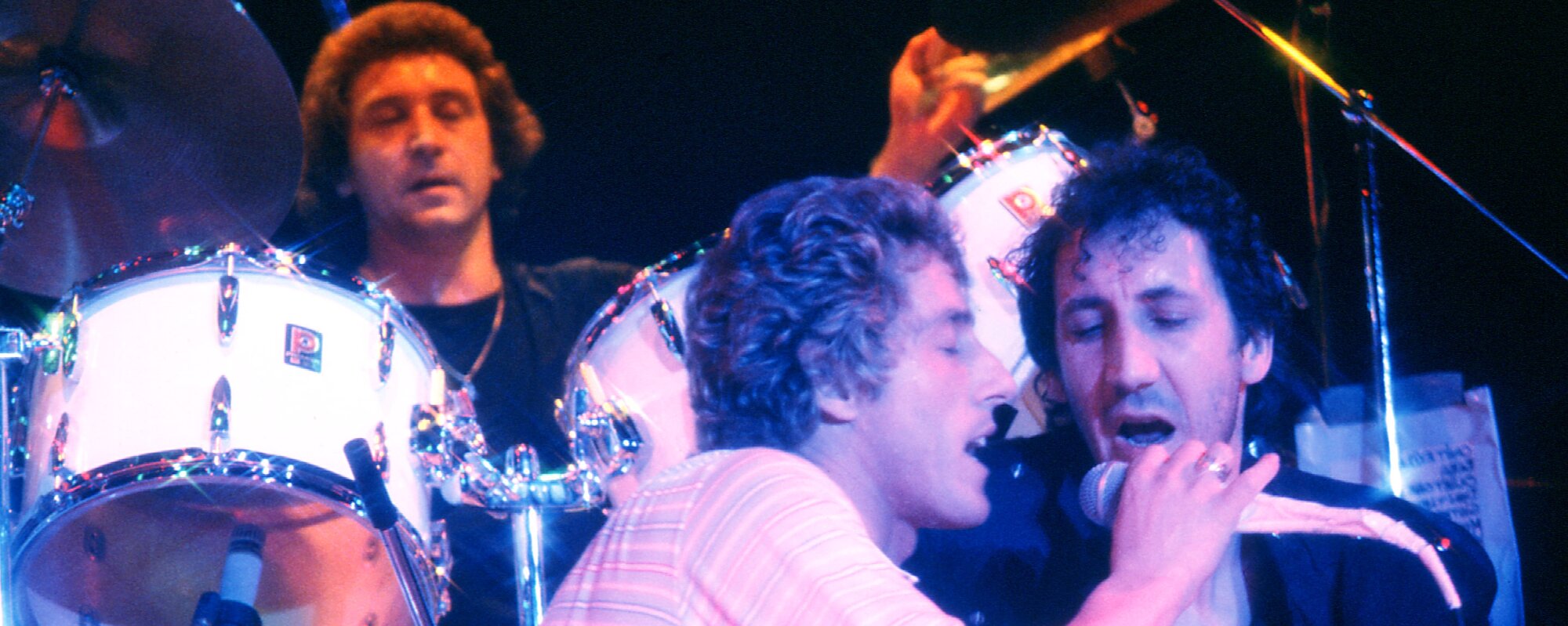

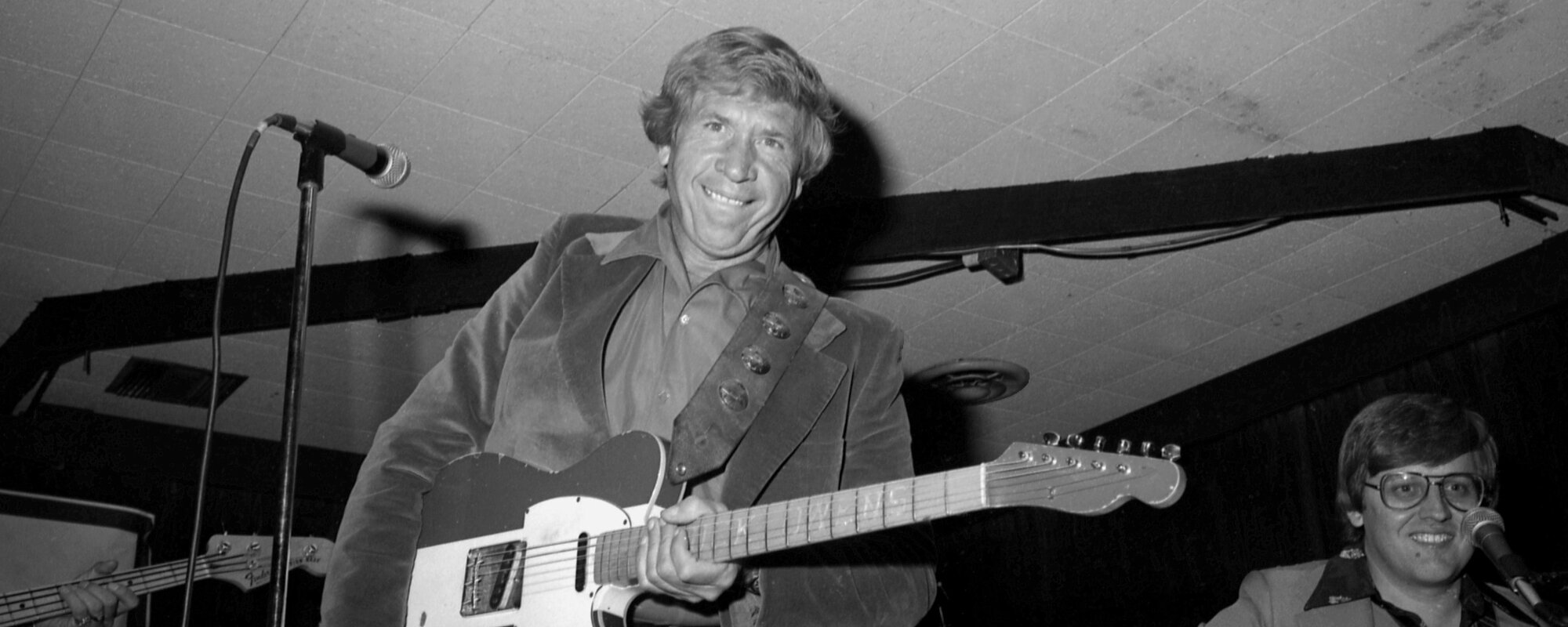

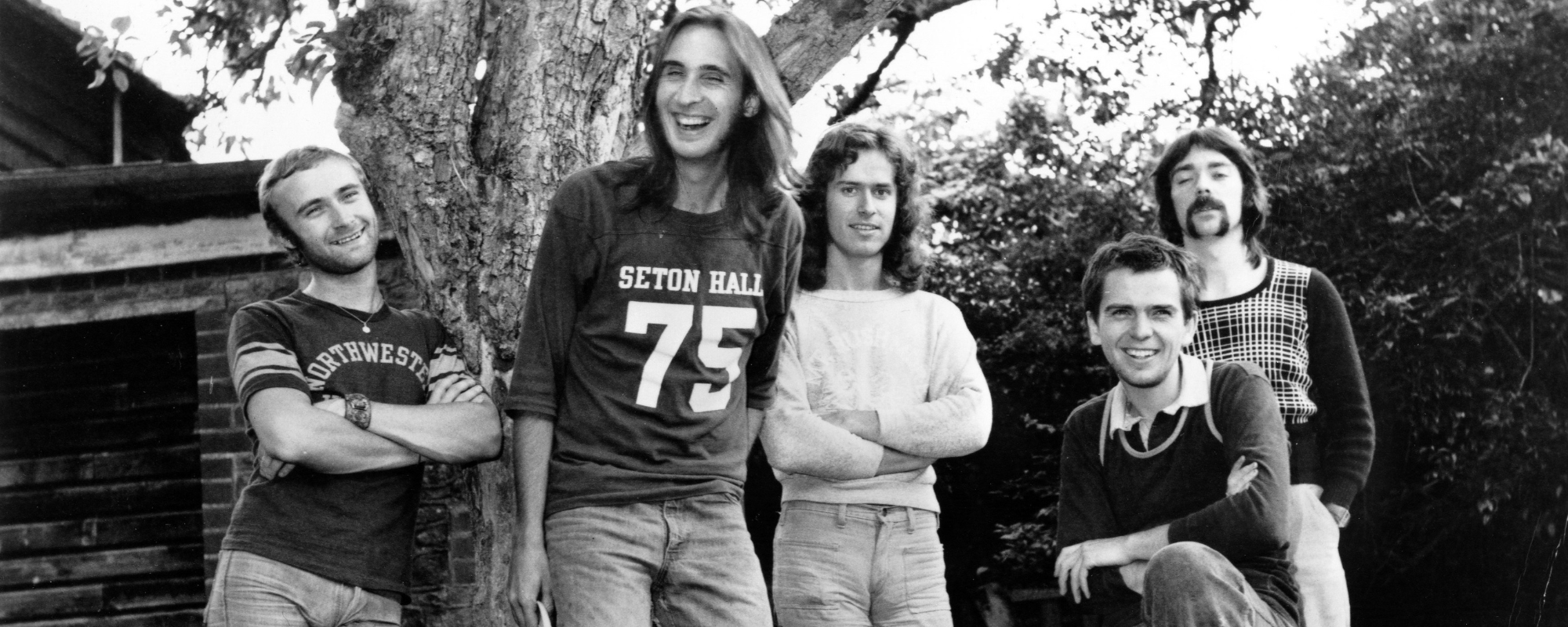
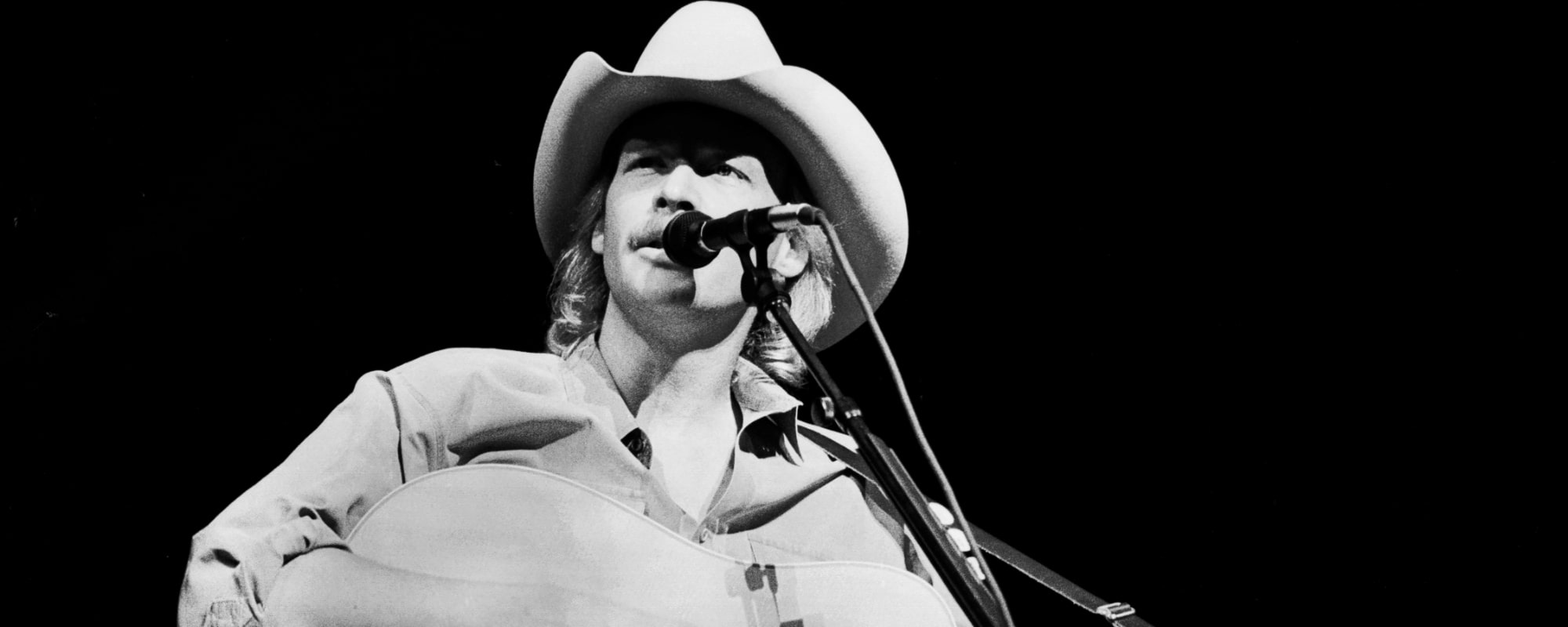

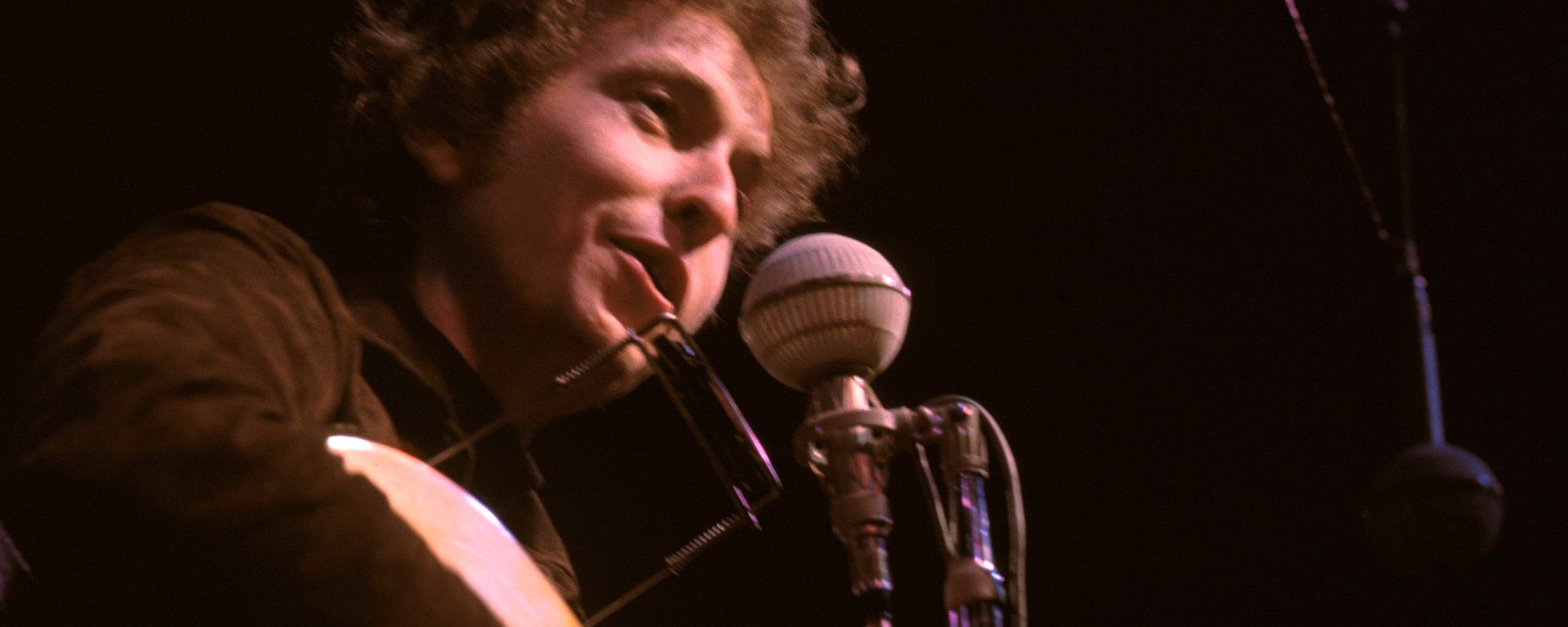
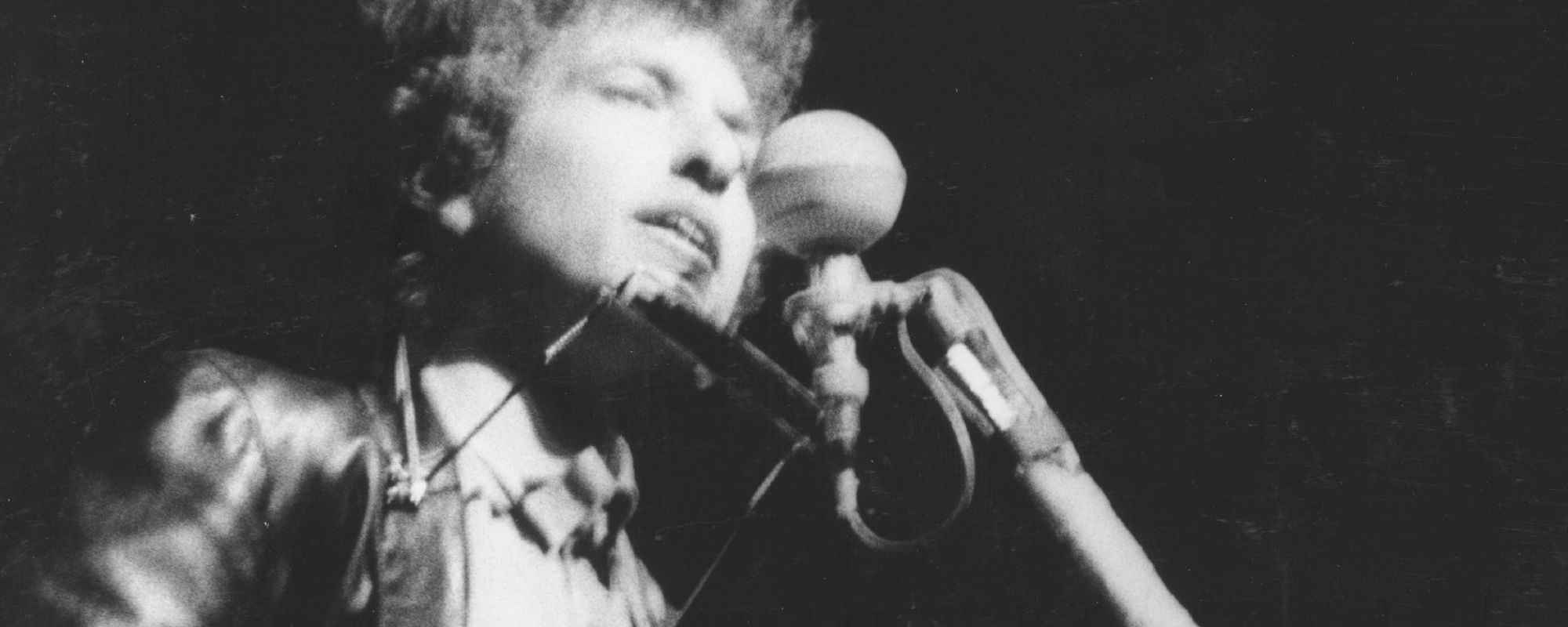
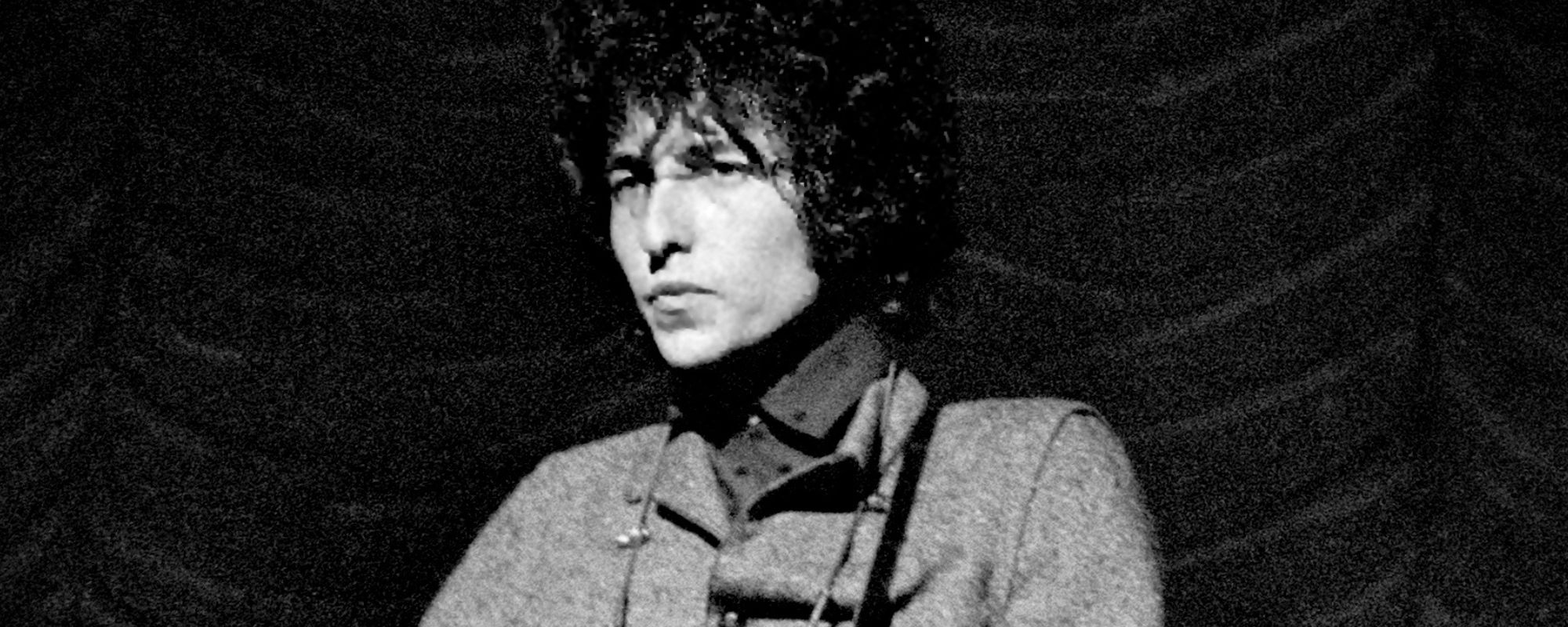
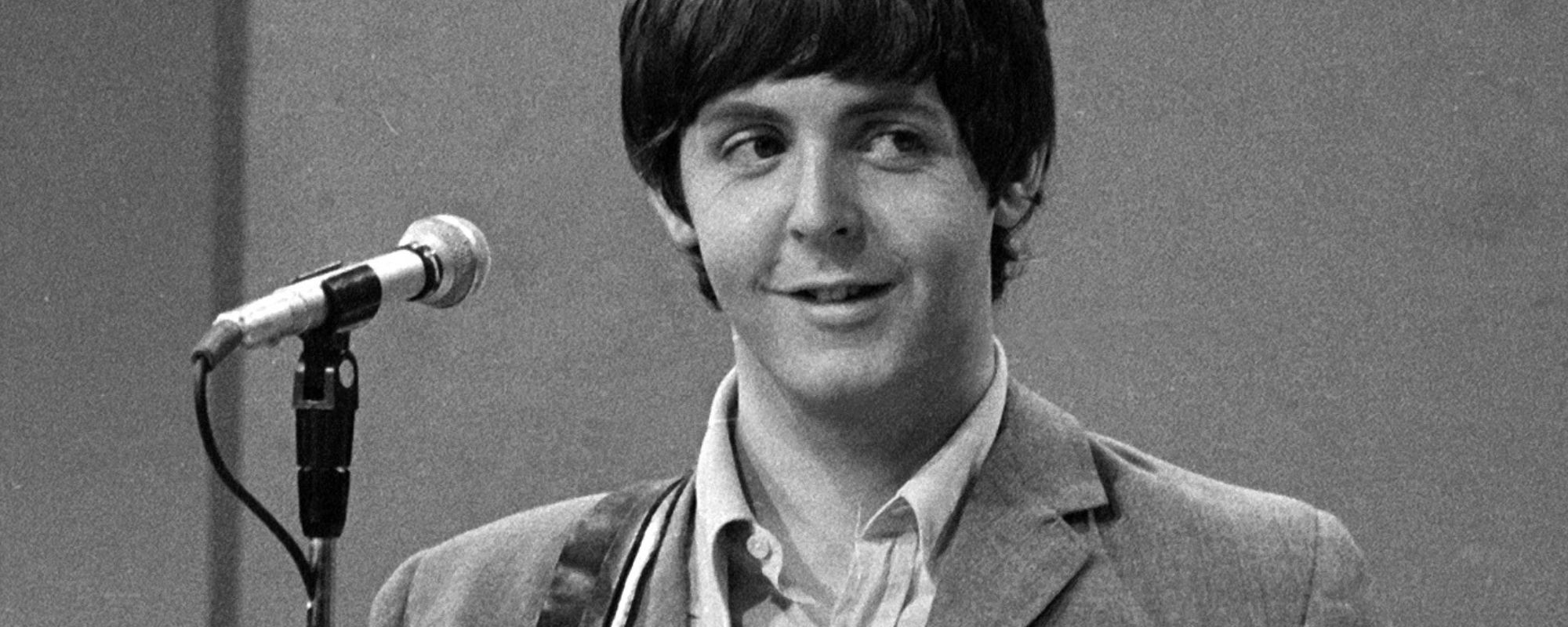
Leave a Reply
Only members can comment. Become a member. Already a member? Log in.